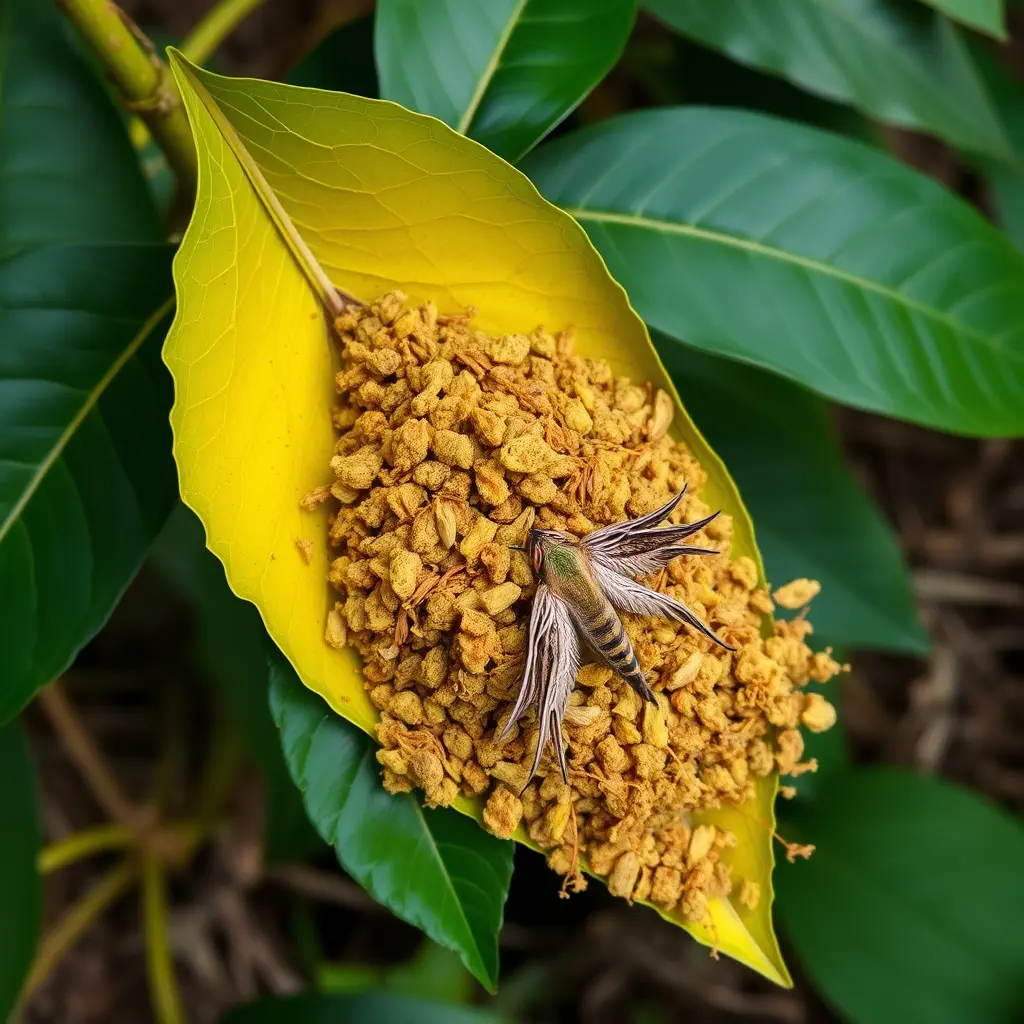Kratom, from the Mitragyna speciosa tree, has garnered attention for its potential anti-inflammatory properties, which may be attributed to alkaloids like mitraphylline and 7-hydroxymitragynine. These alkaloids interact with opioid receptors to potentially manage inflammation by modulating cytokine production and suppressing pro-inflammatory substances. However, when considering kratom shopping for its anti-inflammatory benefits, it's crucial to be discerning due to the variability in market quality. To ensure safety and efficacy, one should source high-quality kratom from reputable vendors that adhere to Good Manufacturing Practices (GMP) and provide third-party lab results confirming purity. Consumers are encouraged to investigate suppliers with relevant certifications and focus on strains like Maeng Da and Bali. By doing so, individuals can responsibly explore kratom's potential health benefits while reducing the risk of adulterated products.
Explore the potential of kratom as a natural inflammation reducer in the latest article. Delve into how this botanical substance interacts with the body’s immune response, shedding light on its anti-inflammatory properties through scientific research. Understand the nuances of responsibly incorporating kratom into your wellness routine with expert tips for informed shopping. This insightful guide aims to navigate the intricacies of kratom use for inflammation management, ensuring you have the knowledge to make informed decisions about your health. Join us as we explore the intersection of natural remedies and scientific understanding in the fight against inflammation.
- Understanding Kratom and Its Role in Inflammation Reduction
- The Science Behind Kratom's Anti-Inflammatory Properties
- A Guide to Responsible Kratom Shopping for Inflammation Management
Understanding Kratom and Its Role in Inflammation Reduction

Kratom, a tropical deciduous tree native to Southeast Asia, has garnered attention in natural health circles for its potential anti-inflammatory properties. The leaves of Mitragyna speciosa, commonly known as kratom, contain a variety of alkaloids, such as mitraphylline and 7-hydroxymitragynine, which are believed to interact with the body’s opioid receptors and may provide relief from inflammation. The role of kratom in inflammation reduction is multifaceted; it may modulate the immune response by influencing cytokine production and reducing the activity of pro-inflammatory mediators. This effect could be particularly beneficial for those experiencing chronic inflammation, a condition often linked to various diseases.
When considering incorporating kratom into one’s health regimen for its anti-inflammatory benefits, it is crucial to approach kratom shopping with care. High-quality kratom products are essential for ensuring both safety and efficacy. Prospective users should research reputable vendors, read product reviews, and verify the purity of the kratom through lab testing results. This due diligence can help mitigate the risks associated with kratom use, as the market may contain adulterated or contaminated products. By sourcing kratom responsibly, individuals can harness its potential anti-inflammatory properties in a manner that supports their health and well-being.
The Science Behind Kratom's Anti-Inflammatory Properties

Kratom, a tropical deciduous tree native to Southeast Asia, has garnered attention for its purported anti-inflammatory properties. The science behind kratom’s potential to reduce inflammation is rooted in its alkaloid content, particularly mitragynine and 7-hydroxymitragynine. These compounds interact with the body’s opioid receptors, which can modulate inflammatory responses. Studies have shown that these alkaloids may inhibit certain cytokines and enzymes associated with inflammation, suggesting a mechanism by which kratom could provide relief from inflammatory conditions. However, the exact biological pathways are still under investigation, highlighting the importance of ongoing research to fully understand its effects. For those interested in exploring kratom for its anti-inflammatory benefits, it is crucial to approach it with caution and to source high-quality, ethically harvested kratom from reputable sources specializing in kratom shopping. This ensures the integrity of the product and minimizes potential risks associated with adulterated or mislabeled kratom products available on the market.
A Guide to Responsible Kratom Shopping for Inflammation Management

When exploring kratom as a natural approach for inflammation reduction, responsible shopping is paramount. Kratom, derived from the leaves of Mitragyna speciosa, has been traditionally used in certain cultures and has gained popularity for its potential anti-inflammatory properties. However, with the rise in demand, the market can be saturated with varying quality products. Prospective users should prioritize purchasing from reputable vendors who provide transparent sourcing information, adhering to Good Manufacturing Practices (GMP). This ensures that the kratom is free from contaminants and harvested sustainably.
To navigate the kratom marketplace responsibly, start by researching suppliers with certifications and third-party lab results that verify the product’s alkaloid profile and purity. These reports should be readily available for consumer review. Additionally, consider the strain of kratom, as different strains may offer varying effects; Maeng Da and Bali are popular choices often sought after for inflammation management. Always opt for organic and lab-tested products to minimize the risk of adulteration or exposure to unwanted substances. By making informed decisions and prioritizing quality over cost, consumers can responsibly shop for kratom that supports their health goals while ensuring a safer and more effective experience.
In conclusion, the potential of kratom as a natural approach to inflammation reduction presents an intriguing alternative to traditional pharmaceuticals. The scientific evidence supporting its anti-inflammatory properties is promising, offering insights into how kratom interacts with our bodies at a molecular level. However, it is imperative for individuals to engage in responsible kratom shopping when considering this option for inflammation management. As with any health supplement, quality and purity are paramount, and informed consumers will reap the most benefits. By understanding the nuances of kratom and adhering to best practices in its acquisition, individuals may find a valuable tool in their pursuit of wellness.






